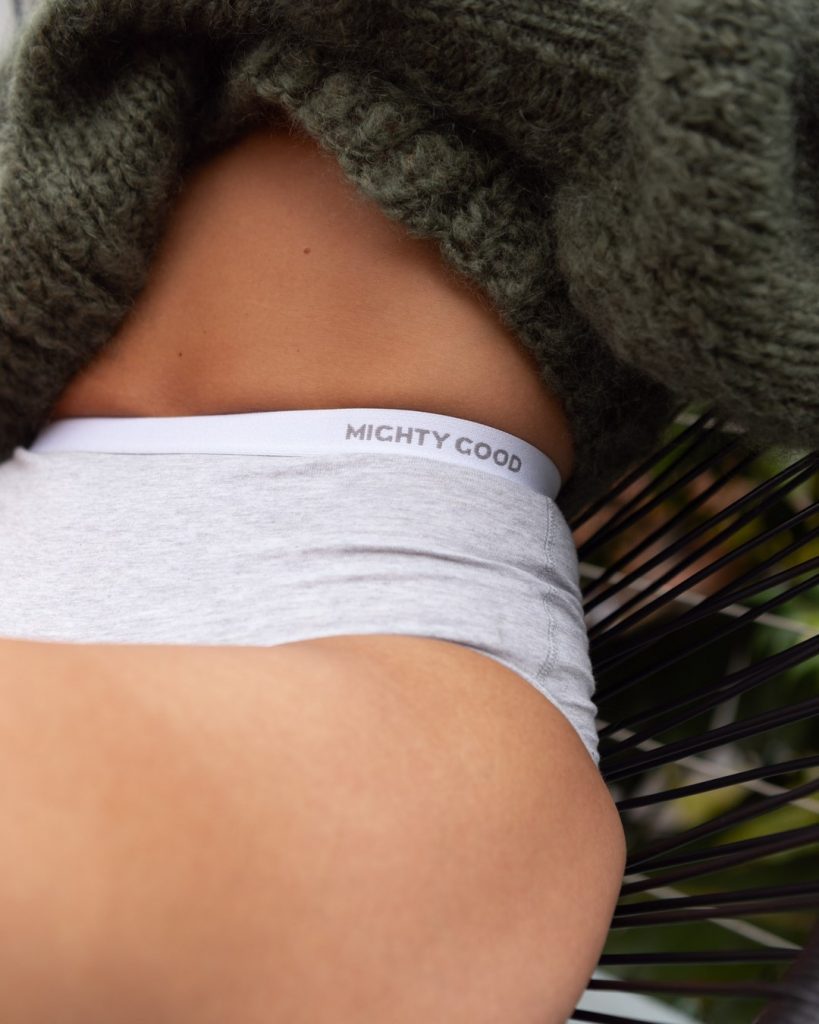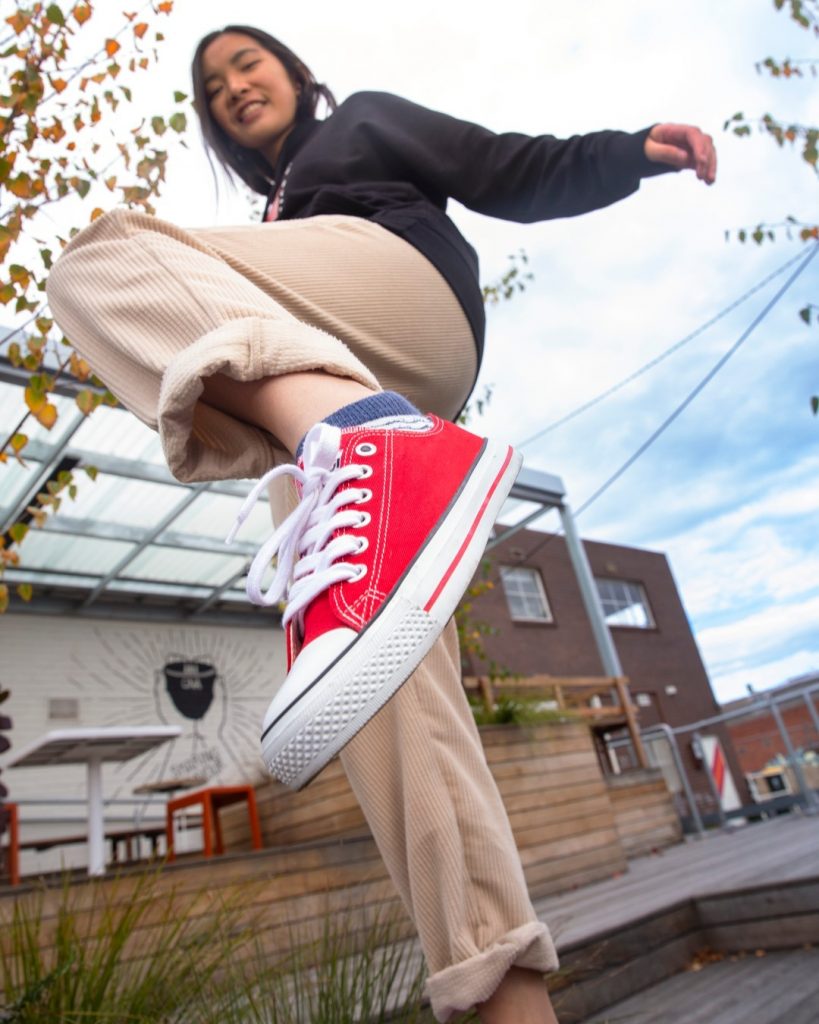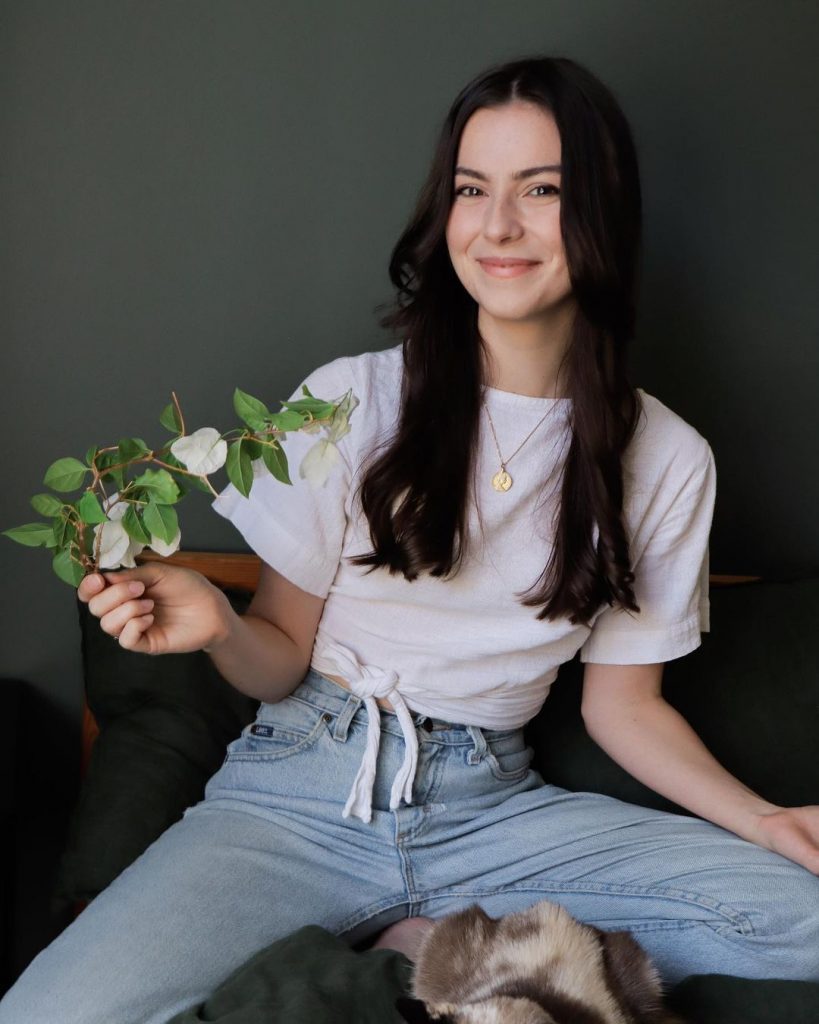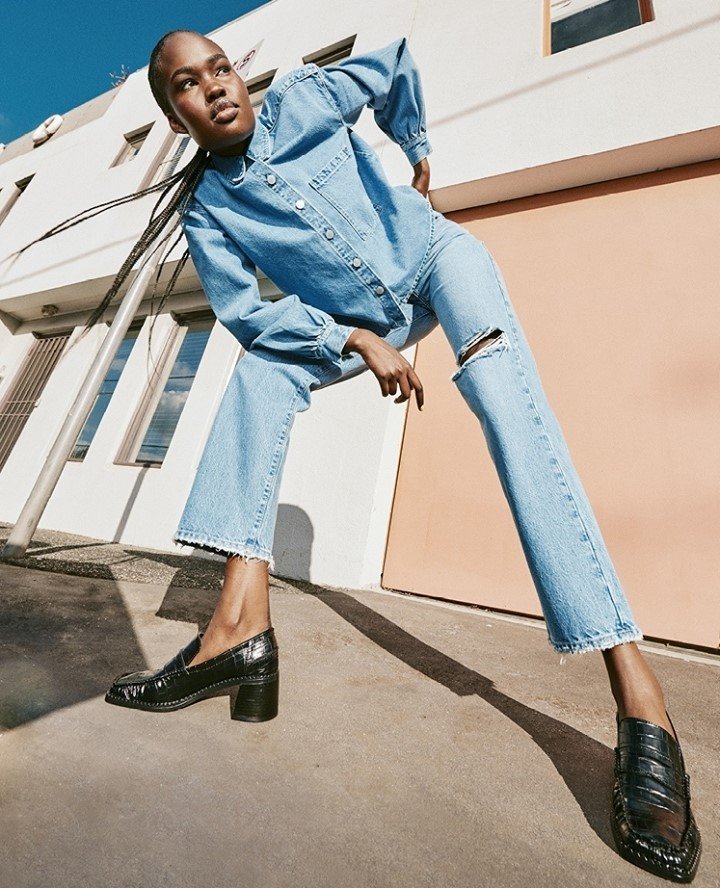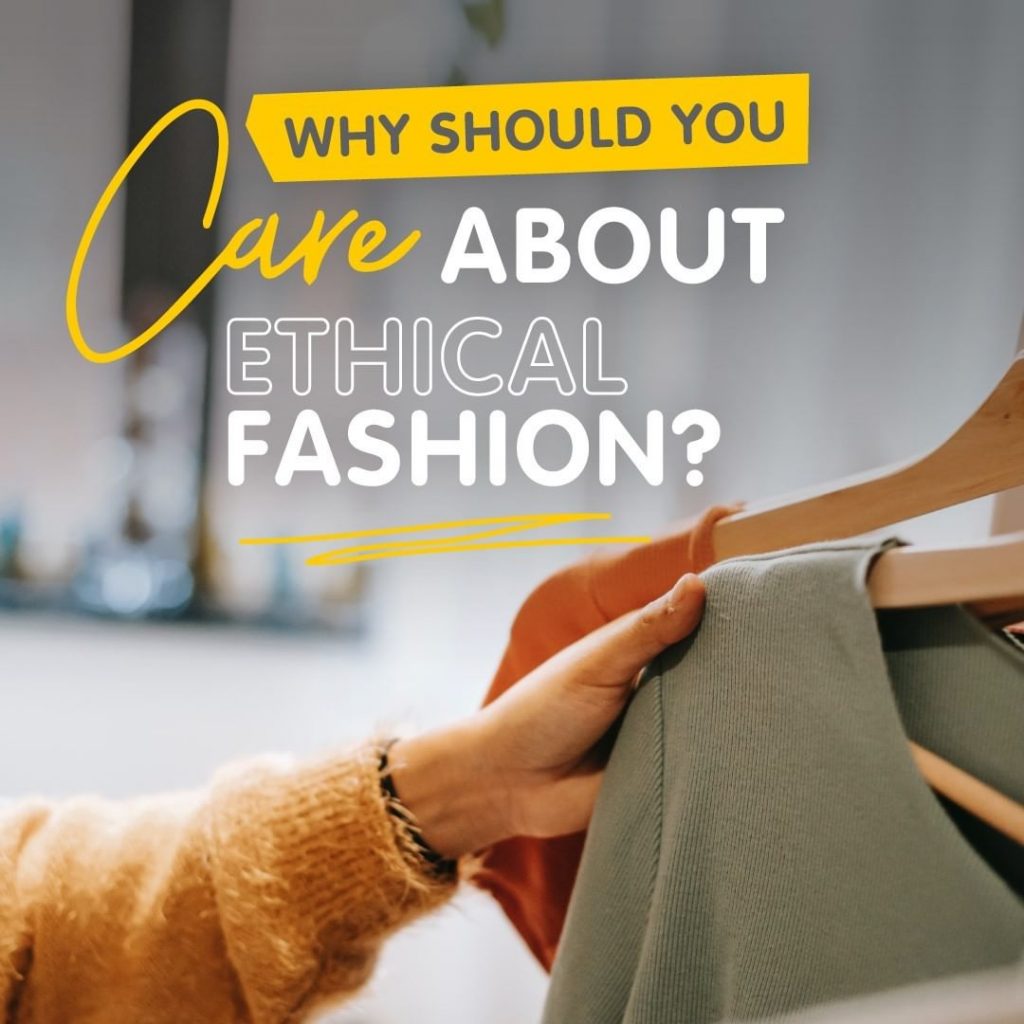Ethical Fashion 2021
Ethical fashion speak isn’t easy. Terms like “transparency” and “deadstock” get thrown around and can be confusing. And how are we supposed to know if our sweater is “organic” or “fairtrade”? Well, to help us all understand the current state of play, the annual Baptist Aid Ethical Fashion Report has just been released, providing an overview of the state of ethical fashion.
However, it’s not all smooth sailing. This year’s report is a little more controversial, as it raises almost as many questions as it answers. So, what should we be watching out for when looking to buy ethical fashion.
What is the Baptist World Aid Ethical Fashion Report All About?
For the past seven years Baptist World Aid (BWA) has released an ethical fashion report to help guide conscious citizens towards brands that align with their concern for fashion to be ethically made. Over 400 brands from 98 Australian, New Zealand and international companies’ production and practices are reviewed and rated on a score-card ranging from A+ to F grade, based on what the company does to support workers rights and reduce its impact on the environment.
The Class of 2021 – How’d They Score?
Only four brands from this years report scored an A+, and we’re excited to say that three of the fours are Aussie superstars. Etiko, Mighty Good Basics and Outland Denim are all scoring ticks across the board in their environmental efforts and ethical treatment of their garment workers. Well done!
Australian fashion brands Etiko, Mighty Good Basics,Outland Denim are 3 out of 4 companies world-wide, scoring an A+
Coming in at the bottom as expected and scoring an F are fast-fashion brands such as Bardot, Forever 21, Jeanswest and Valleygirl.
But it’s the brands that are scoring an A that make this year’s report a little controversial. Two of the biggest fast fashion companies, Zara and H&M, both score on the highest level! How these mass-producing companies can score so well is ruffling the feathers of conscious citizens over on the Baptist World Aid Instagram page. Many are questioning how the report’s grading system is fair if these brands can rate so highly and be called ‘ethical’ despite over-producing hundreds of garments each week.
Is the Ethical Fashion Report Greenwashing Us?
The idea behind these grades is that it helps the average shopper buy from brands that are doing good. But can we entirely trust these scores?
While BWA does have a comprehensive and informative survey system for each brand that is included in the report. It’s their percentage score that gets confusing. To break it down:
2021 Average Score = 33.6%
33% – 49.9% = B
50% – 74% = A
75% or more = A+
Since H&M scored high in some areas of the survey, such as policies, tracing and risk, they receive a score that pushes them above the average percentage, right into the A levels. It has to be noted that H&M didn’t score that well in areas of supplier relationships, human rights monitoring or worker empowerment.
The flaw with this rating system is that for a brand to receive an A or higher, they only have to score 50% or higher. That would mean you virtually only have to have “good policies” but not actual ethical practices to score well. This rating wouldn’t fly in an average maths test, (we’d all love to get an A for only a grade of 50%), so why is it being used to favourably compare fast fashion brands with ethical brands?
How Can the Report Be Improved?
We all know that H&M is a fast-fashion brand and shouldn’t be compared to a brand such as Patagonia that values true ethical production. So while the report does have our best interests at heart, it’s almost like comparing apples and oranges. For a balanced report, it would be best to invite more ethical brands to participate. This would help raise the average score and give a fairer scoring system. Also, there are so many more smaller Australian ethical brands that could be included in the report.
Giving the report a new name would also help level the playing field. The “Ethical Fashion Report” implies that all the brands listed have an ethical stance. But as any conscious citizen would be well aware, brands such as Kmart and Supre don’t rate highly on the ethical brand scorecard. While the guide is a helpful tool for those who are new to shopping ethically, it’s not exactly the “Ethical Guide” it appears to be. Maybe, future reports could be labelled as the “How To Shop Smarter” guide.
“The bar needs to be raised on how we evaluate what is environmentally, socially and culturally ethical in the fashion industry.”
– Molly Farai, Sustainable Fashion Activist
All of us, as conscious citizens also need to help push the industry. Sustainable Fashion Activist, Molly Farai states: “The bar needs to be raised on how we evaluate what is environmentally, socially and culturally ethical in the fashion industry. Not only by ethical fashion certifiers but also by companies, brands, researchers, manufacturers and by us as citizens and wearers of fashion.”
Is It ALL Bad News?
Learning how to buy the best isn’t easy and The Ethical Fashion Report is still a very handy resource. The BWA has dug deep into the fashion industry and is nonetheless worthwhile reading.
There have also been some huge improvements tracked with each yearly release of the report.
Brands are placing more importance on traceability in the supply chain. Since 2013 there has been a 52% increase in companies who are actively working to trace their raw material suppliers.
A number of brands have improved their scores since the last report as they are actively working on improving their ethical manufacturing. And many more are using sustainable fibres in their garments. Fashion businesses know there is a push for a more sustainable fashion industry and they are making changes to get there.
While The Ethical Fashion Report isn’t entirely accurate, it’s still helps to hold brands accountable for their conduct. The only way we can dramatically improve the fashion industry and see a positive change from the low scoring brands is if we continually show our preference for buying ethically produced goods. The power of your wallet is stronger than you may realise.
See more on Australian Ethical Fashion brands here and the latest on sustainable fashion trends 2021 here.

